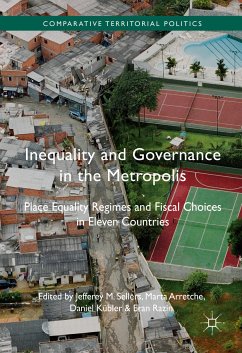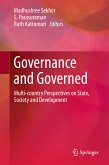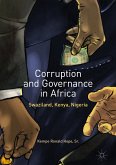This book undertakes the first systematic, multi-country investigation into how regimes of place equality, consisting of multilevel policies, institutions and governance at multiple scales, influence spatial inequality in metropolitan regions. Extended, diversified metropolitan regions have become the dominant form of human settlement, and disparities among metropolitan places figure increasingly in wider trends toward growing inequality. Regimes of place equality are increasingly critical components of welfare states and territorial administration. They can aggravate disparities in services and taxes between sub-national jurisdictions, or mitigate and compensate for local differences. The volume examines these regimes in a global sample of eleven democracies. The cases encompass unitary and federal states as well as developed and developing countries, with examples from Europe, North America, South America, the Middle East, Africa and Asia. The analyses reveal new dimensionsof efforts to grapple with growing inequality around the world, and a variety of institutional blueprints to address one of the most daunting challenges of twenty-first century governance.
Dieser Download kann aus rechtlichen Gründen nur mit Rechnungsadresse in A, B, BG, CY, CZ, D, DK, EW, E, FIN, F, GR, HR, H, IRL, I, LT, L, LR, M, NL, PL, P, R, S, SLO, SK ausgeliefert werden.









